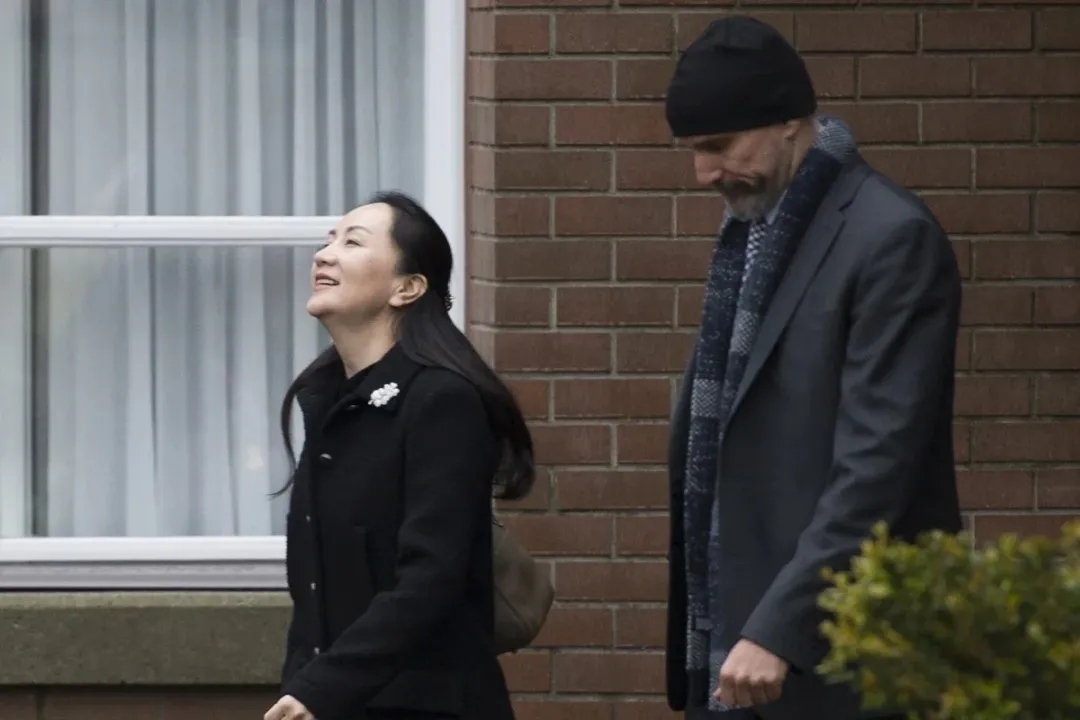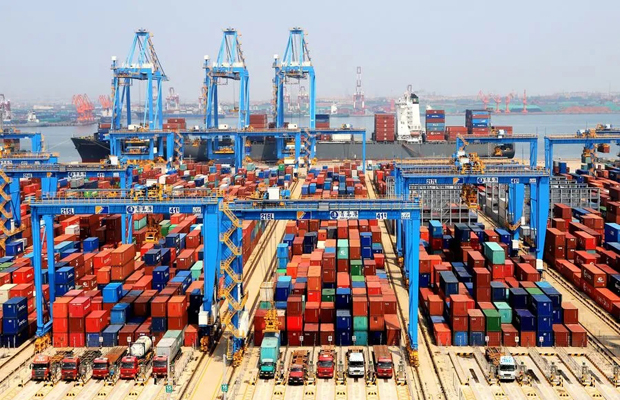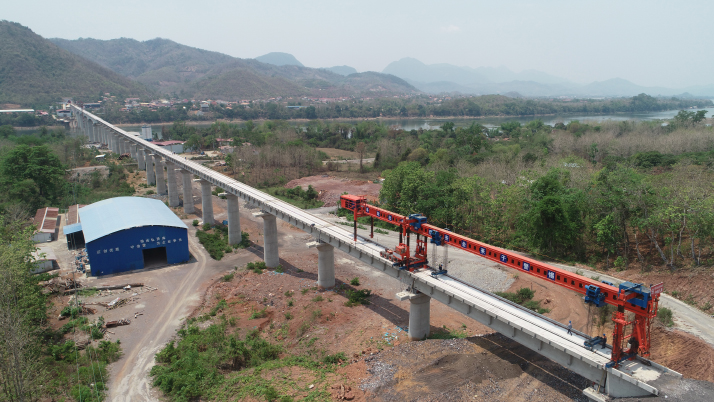The sound development of globalization depends on people. CCG focuses on the cultivation of international talent from a long-term perspective and participates in reshaping the international education environment in the era of globalization through in-depth research on global trends in international student mobility, study abroad, study in China, international schools, education for international understanding, China-foreign cooperative education, and international education philosophy and policies, so as to promote China’s open education and global educational exchange and cooperation.
CCG maintains long-time and stable relationships with renowned universities and international schools at home and abroad, as well as education administrations, international organizations, private organizations and enterprises. The series of blue books named Blue Book of Global Talent: Annual Report on the Development of Chinese Students Studying Abroad, published since 2012, and the Blue Book of China International Schools, published since 2016, have been well-received by the public.
CCG also has published a series of research reports, such as Building a New World Cultural Landscape under Global Governance and Education for International Understanding in China: Past, Present and Future, which are closely linked to the pulse of the times, providing timely and relevant recommendations to education-related governmental departments to tackle the opportunities and challenges in educational opening-up. CCG also organizes regular seminars on international education topics, both online and offline, to provide a platform for Chinese and foreign education experts to exchange ideas and provide the public with information of the latest developments in international education.
-

Wang Huiyao: Canada should drop Meng Wanzhou case, shaking free of US coattails
In October 1970, Canadian prime minister Pierre Trudeau took a momentous step to establish relations with the People’s Republic of China. It was a bold move – Nixon’s famous visit to China was still two years off, and only a handful of Western countries had embassies in Beijing at the time.
August 05 , 2020 -

Wang Huiyao: China’s opening-up to drive a more inclusive globalization
The COVID-19 is still running rampant across the world. Experts warn there may be more waves before a vaccine is available.
July 31 , 2020 -

Harvey Dzodin: NGOs play crucial role in China-US cooperation
With the number of COVID-19 cases continuing to accelerate across the globe, you may think there is no choice but to throw in the proverbial towel. However, there is a glimmer of hope that NGOs on both sides of the bilateral divide could unite in combating and containing the novel coronavirus. Why are NGOs important? While governments tend to operate on a macro level, NGOs usually operate on a micro level. They tend to move quickly to analyze a situation and take action at the earliest possible moment. They can also operate in matters where governments may have to exercise caution or be constrained from engaging.
July 29 , 2020 -

Wang Huiyao: China’s continued opening up an effort to boost globalization, global economic healing
With the world economy falling into recession once again under the economic impact of COVID-19, China, as the world's second largest economy, has continued to promote a higher level of opening up, becoming the main source of the recovery of the world economy once again. While the U.S. and a few other countries are engaged in unilateralism and protectionism, China has committed to expanding its opening up, stabilizing the industrial and supply chains, and promoting reform and development.
July 26 , 2020 -

China’s experience shows coronavirus second wave need not be a disaster
China and India share many things in common. Both are ancient civilizations, draw water from the same Qinghai-Tibet Plateau, are committed to lifting their people out of poverty, and both have been scarred by colonization or semi-colonization. And for both, growth and development are common challenges.
July 02 , 2020


